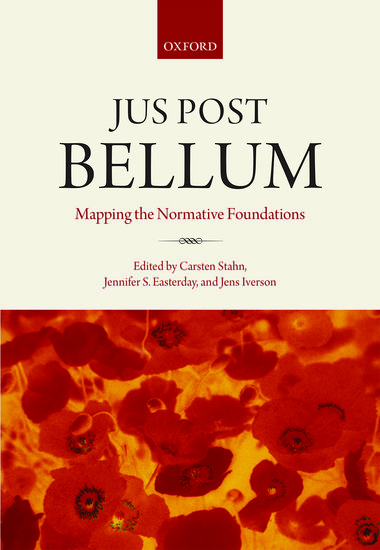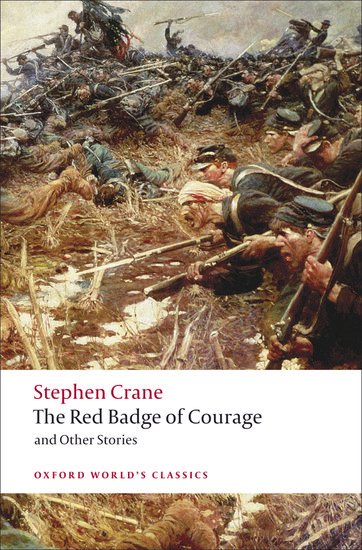Alice Mustian’s scandalous backyard performance
The year 1614 was an eventful one for the London theatre world. Shakespeare’s Globe playhouse, rebuilt after having burned to the ground during an ill-fated performance of Henry VIII, was reopening its doors.








